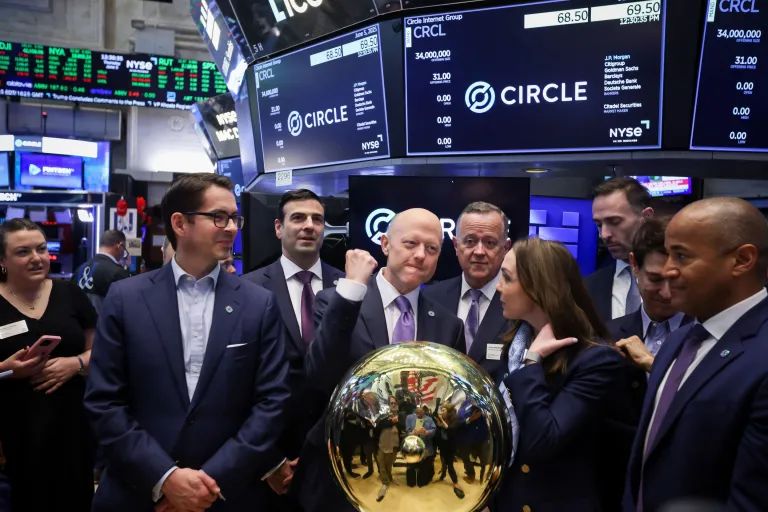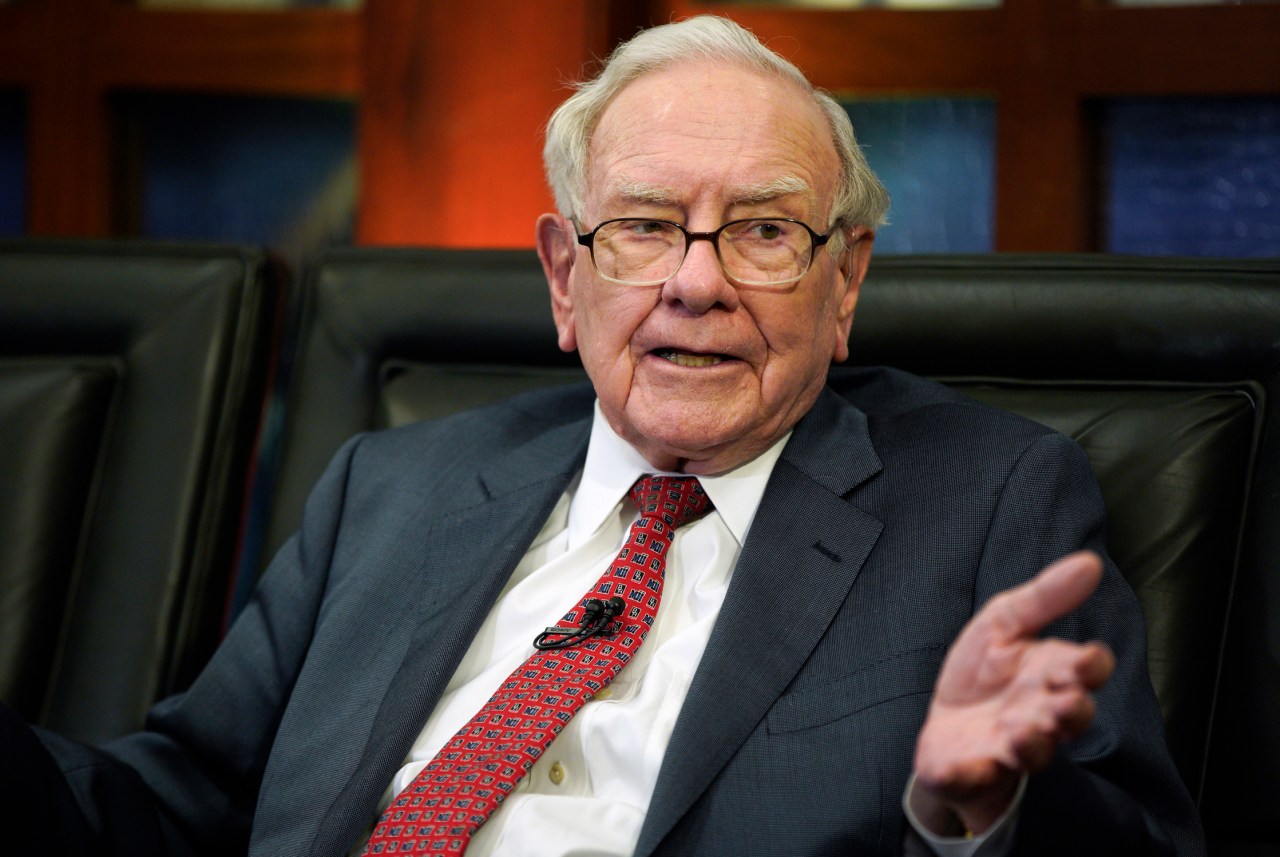Introduction
The old fable of the goose that laid the golden eggs tells the tale of greed destroying a valuable asset. In the modern American context, that goose is the country’s global economic and diplomatic leadership — and former President Donald Trump’s policies risked cutting it open in pursuit of short-term gains. Whether through trade wars, isolationist policies, or the erosion of democratic institutions, Trump’s approach may have jeopardized the very foundations that made America great.
The Foundation of America’s Economic Strength
For decades, America led the world not just in GDP, but in innovation, investment, and global influence. The United States enjoyed:
- A strong rule of law that attracted global capital.
- Open markets that fueled global trade and prosperity.
- An unmatched higher education system that lured the brightest minds.
- Stable political institutions that created confidence in long-term investments.
These elements were the golden eggs of America’s prosperity — and the international community, including allies and trade partners, were integral in sustaining this ecosystem.
Trump’s Economic Nationalism: Short-Term Gain, Long-Term Pain
Trump’s “America First” policy appealed to many voters disillusioned by globalization. However, this nationalist turn damaged key pillars of economic growth:
1. Trade Wars and Tariffs
Under Trump, the U.S. initiated trade wars with China, the EU, and even close allies like Canada. Tariffs intended to protect U.S. industries often backfired:
- Increased prices for American consumers and manufacturers.
- Retaliatory tariffs that hurt U.S. exports, especially in agriculture and manufacturing.
- Uncertainty in global markets, discouraging foreign investment in the U.S.
2. Alienating Allies and Global Institutions
Trump withdrew from multiple international agreements, including the Paris Climate Accord, Trans-Pacific Partnership (TPP), and threatened to leave NATO. This raised concerns that:
- America was no longer a reliable partner.
- Other nations began forming their own trade and defense pacts — excluding the U.S.
- U.S. soft power declined dramatically, weakening its influence on global issues.
3. Undermining Democratic Institutions
Perhaps most dangerously, Trump’s rhetoric and actions — including his refusal to accept the 2020 election results — undermined faith in America’s democratic processes:
- Investor confidence relies on political stability and the rule of law.
- Democratic backsliding could threaten the U.S. dollar’s role as the world’s reserve currency.
- Loss of moral authority in promoting democracy globally weakens U.S. foreign policy leverage.
America’s Competitive Edge Is Built on Openness
The U.S. thrived in the 20th and early 21st century because it was:
- A beacon for immigrants, who fueled innovation and entrepreneurship.
- A hub of global trade, positioned at the center of multinational supply chains.
- A leader in science and technology, powered by international collaboration.
Trump’s restrictions on immigration, skepticism of international partnerships, and hostility to scientific institutions jeopardized all of these advantages.
The Long-Term Risks
While some argue Trump’s policies were bold and necessary to confront global imbalances, the risks are undeniable:
- Isolation weakens competitiveness: Without global talent and cooperation, innovation slows.
- Global trust erodes: Rebuilding international relationships will take years.
- Economic volatility increases: Instability in leadership and policy scares investors and slows growth.
Conclusion: Don’t Kill the Goose
America’s strength has never been about turning inward — it’s been about leading outward. The nation’s economic “golden eggs” come not from isolation, but from global leadership, openness, and trust in institutions.
Trump’s presidency — for all its disruptions — offered a warning: protecting America’s prosperity requires nurturing the systems that created it, not dismantling them. If the U.S. is to remain a global superpower, it must avoid the temptation to kill the very goose that laid its golden eggs.




